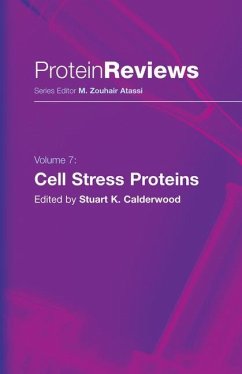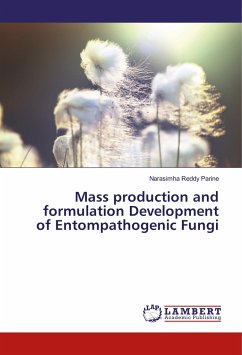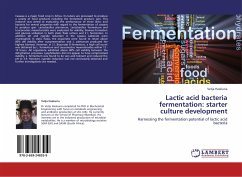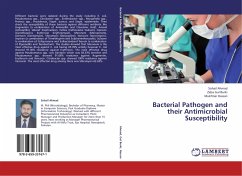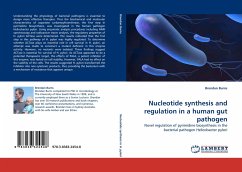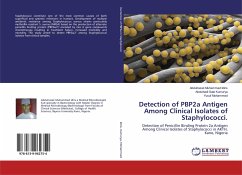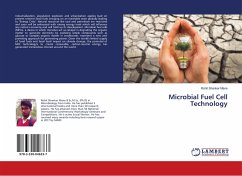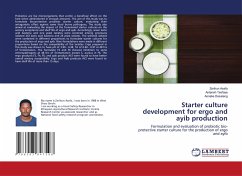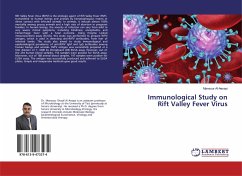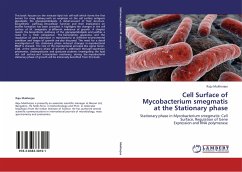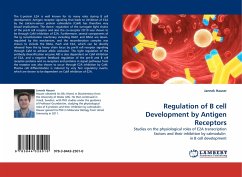
Regulation of B cell Development by Antigen Receptors
Studies on the physiological roles of E2A transcription factors and their inhibition by calmodulin in B cell development
Versandkostenfrei!
Versandfertig in 6-10 Tagen
32,99 €
inkl. MwSt.

PAYBACK Punkte
16 °P sammeln!
The E-protein E2A is well known for its many roles during B cell development. Antigen receptor signaling that leads to inhibition of E2A by the calcium-sensor protein calmodulin (CaM) has therefore very broad implications. The down- regulation of the surrogate light chains of the pre-B cell receptor and also the co-receptor CD19 was shown to be through CaM inhibition of E2A. Furthermore, several components of the Ig recombination machinery including RAG1 and RAG2 are down-regulated by this mechanism, and the recombination complex was shown to include the RAGs, Pax5 and E2A, which can be direct...
The E-protein E2A is well known for its many roles during B cell development. Antigen receptor signaling that leads to inhibition of E2A by the calcium-sensor protein calmodulin (CaM) has therefore very broad implications. The down- regulation of the surrogate light chains of the pre-B cell receptor and also the co-receptor CD19 was shown to be through CaM inhibition of E2A. Furthermore, several components of the Ig recombination machinery including RAG1 and RAG2 are down-regulated by this mechanism, and the recombination complex was shown to include the RAGs, Pax5 and E2A, which can be directly released from the Ig heavy chain locus by pre-B cell receptor signaling through CaM to achieve allelic exclusion. The tight regulation of the antibody diversification enzyme AID is also dependent on CaM inhibition of E2A, and a negative feedback regulation of the pre-B and B cell receptor proteins and co-receptors and proteins in signal pathways from the receptor was also shown to occur through E2A inhibition by CaM. Plasma cell differentiation is induced by very fast regulatory events, which are shown to be dependent on CaM inhibition of E2A.



